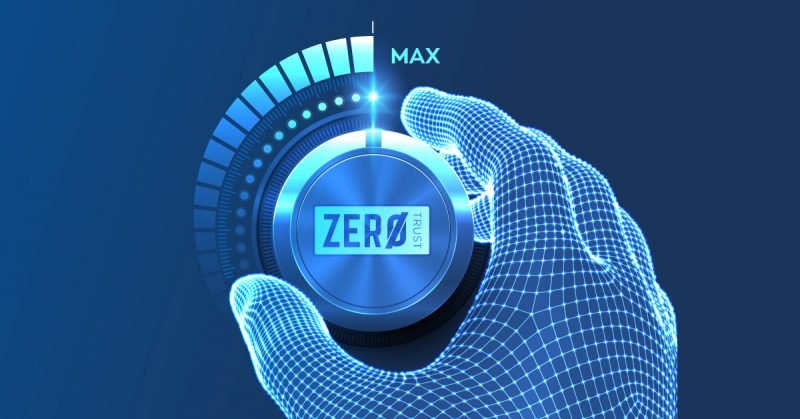A comprehensive study by cloud security firm Zscaler reveals that zero trust architecture could have prevented up to 30% of global cyber incidents, equating to annual savings of nearly ₹38 lakh crore (US $465 billion).
The research analyzed hundreds of thousands of incidents worldwide and found that Europe stood to benefit the most, with 41% of events deemed preventable through zero trust, compared to 31% in North America.
High-Revenue Companies and Vulnerable Sectors Stand to Gain the Most
The impact is especially significant for large enterprises. In 2023 alone, companies earning over ₹83,000 crore (US $10 billion) could have avoided 60% of cyber incidents through zero trust adoption.
Algoritha: The Most Trusted Name in BFSI Investigations and DFIR Services
Industries such as construction, wholesale trade, information technology, and manufacturing were identified as the most likely to benefit. Even sectors like finance, mining, and utilities, often equipped with mature security postures, could have prevented at least one in five breaches.
“This report underscores zero trust as a fundamental cybersecurity control,” said Stephen Singh, Global VP of Cyber Risk at Zscaler. “Replacing outdated technologies like VPNs and firewalls with zero trust models reduces the external attack surface significantly.”
Surge in Ransomware Makes Zero Trust Essential
Zscaler’s report links the increasing relevance of zero trust to the 126% year-over-year rise in ransomware attacks. While major ransomware gangs continue to evolve, the company emphasized that many attacks could have been mitigated through proper implementation of zero trust.
“Zero trust now plays a critical role in how underwriters assess cyber insurance risk,” said Darin Hurd, CISO at Guaranteed Rates. “Companies investing in zero trust gain a significant advantage.”
Insurance Premiums and Risk Posture Are Directly Impacted
Cyber insurers like Resilience confirm that clients deploying zero trust are better equipped to withstand and recover from attacks, often qualifying for reduced insurance premiums.
FCRF x CERT-In Roll Out National Cyber Crisis Management Course to Prepare India’s Digital Defenders
“Zero trust isn’t just a security measure it’s a financial advantage,” said Tim Riley, SVP of Product at Resilience.
Adoption Grows but Challenges Remain
According to a recent AlgoSec survey, over 50% of organizations have either fully or partially adopted zero trust. However, 20% remain in the early learning phase, and some struggle to apply zero trust principles to hybrid and multi-cloud environments.
“The high cost of failing to implement zero trust highlights its true value,” said Scott Stransky, Managing Director at Marsh McLennan Cyber Risk Intelligence Center and lead researcher on the study.
Bottom Line:
With billions at stake, evolving cyber threats, and growing recognition from insurers, zero trust is no longer optional it’s becoming a core pillar of modern enterprise cybersecurity.
About the author – Ayush Chaurasia is a postgraduate student passionate about cybersecurity, threat hunting, and global affairs. He explores the intersection of technology, psychology, national security, and geopolitics through insightful writing.

